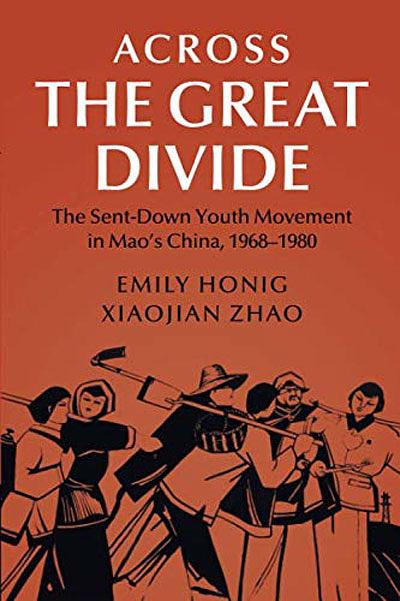內容簡介
內容簡介 The sent-down youth movement, a Maoist project that relocated urban youth to remote rural areas for 're-education', is often viewed as a defining feature of China's Cultural Revolution and emblematic of the intense suffering and hardship of the period. Drawing on rich archival research focused on Shanghai's youth in village settlements in remote regions, this history of the movement pays particular attention to how it was informed by and affected the critical issue of urban-rural relations in the People's Republic of China. It highlights divisions, as well as connections, created by the movement, particularly the conflicts and collaborations between urban and rural officials. Instead of chronicling a story of victims of a monolithic state, Honig and Zhao show how participants in the movement - the sent-down youth, their parents, and local government officials - disregarded, circumvented, and manipulated state policy, ultimately undermining a decade-long Maoist project.
作者介紹
作者介紹 Emily HonigEmily Honig is Professor of History at the University of California, Santa Cruz. She has written extensively on issues of gender and sexuality during the Cultural Revolution. Her books include Sisters and Strangers: Women in the Shanghai Cotton Mills, 1919–1949 (1986) and Creating Chinese Ethnicity: Subei People in Shanghai, 1850–1980 (1992).Xiaojian ZhaoXiaojian Zhao is Professor of Asian American Studies at the University of California, Santa Barbara. She is the author of Remaking Chinese America: Immigration, Family and Community, 1940–1965 (2002), which was awarded the History Book Award by the Association for Asian American Studies. More recently, she authored The New Chinese America: Class, Economy, and Social Hierarchy (2010).
